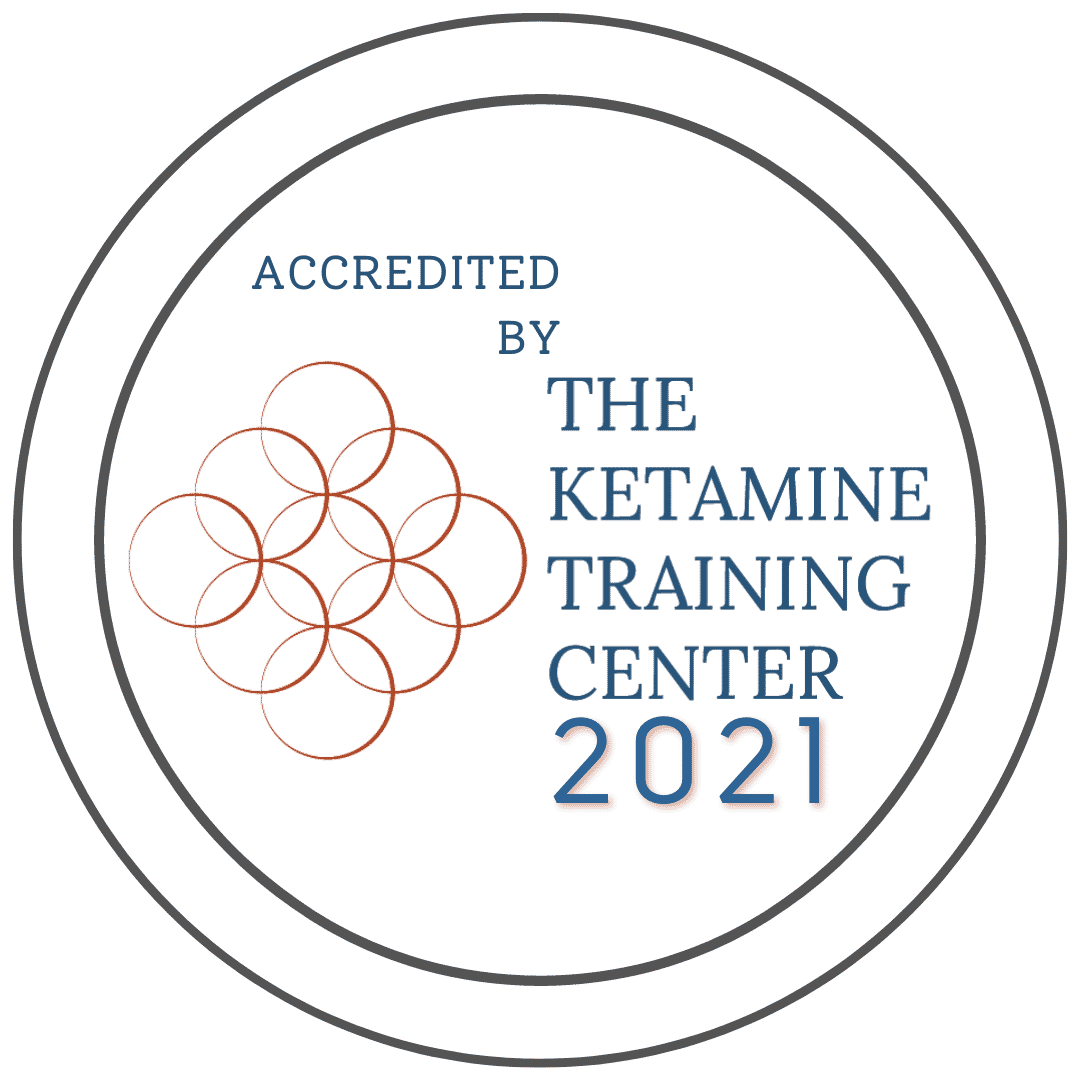

Ketamine therapy for police officers
Post-traumatic stress disorder (PTSD) and work-related stress in police departments can be treated through ketamine therapy for police officers. For this purpose, it is a breakthrough remedy for people who are dealing with various mental and physical health conditions. The treatment is best known for its effectiveness in treating depression. In addition, it also works for anxiety, addiction, obsessive-compulsive disorder (OCD), depression, chronic pain, etc.
You are about to see why ketamine-assisted therapy is a revolutionary restorative care for Utah cops trying to cope with PTSD or stress. It is available to those in Salt Lake City and West Jordan, Utah.
Post-Traumatic Stress Disorder
PTSD is the inability to recover from a traumatic experience for a lengthy period. For example, months or even years. From time-to-time, it’s triggers remind one of the trauma followed by strong emotional and physical responses.
Many PTSD symptoms have been mentioned below.
- Negative attitudes/behaviors
- Emotional disconnection
- Intrusive thoughts
- Loss/reduction of pleasure in (or motivation for) certain interests
- Social isolation/loneliness
- Self-destructive acts
- Fear/intense anxiety
- Hypervigilance
- Mistrust
- Guilt
- Flashbacks
- Nightmares
- Insomnia
On the other hand; stress is a state of psychological or physical strain. It is a natural human reaction to difficult, dangerous, demanding, or distressing situations.
Undoubtedly, we all go through stress at varying levels. Unfortunately, stress can become negative when there is long-lasting tension without rest or relief. In conclusion, this will result in health problems. Since positive stress does not last long, it should only help in managing a high-pressure situation temporarily.
Note: Anxiety could be referred to as stress that persists after a stressor ceases.
work-related stress
The mental symptoms of work-related stress consist of anxiety or panic attacks, depression or sadness, crankiness, etc. However, stress is not limited to just mental symptoms. See some of its physical signs below.
- Exhaustion
- Lack of focus
- Pains/aches
- Skin problems (e.g. eczema and acne)
- Sleep disorder
- Eating disorder
- Weight gain or loss
- Shaking
- Feeling the heart racing
- High blood pressure/hypertension
- Dizziness
- Muscle tension
- Digestion issues
- Weak immunity
- Sexual dysfunction
- Forgetfulness
Expect a PTSD or work-related stress diagnosis based on the above-listed indicators. Although it is possible to be overstressed from having PTSD. Consequently, do not be surprised to see both conditions show as positive in the test results.
PTSD and Work-Related Stress in Police Officers
Post-traumatic stress disorder and stress are likely to develop in a police officer who has undergone severe trauma or high-pressure situations. These could manifest if the stressor or traumatic event was experienced in one’s line of work.
Policing is one of the few jobs that always requires employees to actively put their lives at risk. As a result, you are occasionally exposed to high-stress or dangerous circumstances. Undoubtedly, you will be physically and mentally vulnerable to whatever may come. The toll that each encounter can have on a cop is unpredictable. Furthermore, they could push you past your mental/physical limits to your disadvantage.
Two extensive studies published in 2022 and 2023 stated that work-related stress in police officers can be triggered by any of the following:
- Dead bodies or horrible state of victims
- Gory crime scenes
- Repeated exposure or interaction with victims
- Pursuit of suspects
- Violence
- The threat of death or injury
- Legal troubles
- Organizational or managerial issues
- Lack of motivation
- Increased work and/or training demand
- Socio-political differences
- Public and media relations problems
- Unfavorable coping strategies or lifestyle choices
- Disadvantageous personality traits
- Interpersonal relationship problems (family, romantic involvement, work, friendship, and community)
- Work-life imbalance
- Inadequate sleep
- Conflict with personality/conscience
- Issues with the job description
- Inadequate resources
Note: Some of the above can cause PTSD.
Be ready for the unknown by learning what to do when unsettled trauma or prolonged stress become a matter of concern. In other words, you can know where to go to begin the healing process. That is why we suggested a go-to provider of transformative care to cops in Utah.
We advise affected police officers to seek medical and therapeutic assistance ASAP. As a result, they will be able to properly manage or put an end to such threats to their well-being. However, your condition could worsen as time goes by if not managed well. Keep in mind that ketamine therapy for police officers offers a reliable and long-lasting solution.
What Is Ketamine Therapy?
Firstly, you need to know what ketamine is before we discuss ketamine therapy for police officers. It is a dissociative anesthetic that makes patients feel temporarily separated from their physical surroundings or bodies. Moreover, there could also be hallucinations during dissociation. These are normal occurrences in ketamine-assisted psychotherapy that could even aid mental healing.
Ketamine therapy is an advanced alternative remedy in healthcare. It is mostly for patients who have mental illnesses that are resistant to traditional treatments. And of course, issues like PTSD and work-related stress could be one of the stubborn ones.
Ketamine Treatment: What To Expect
The treatment of mental disorders with ketamine has proven to be effective and encouraging. Because, it not only works on the causes of PTSD and stress, but also acts on their symptoms. Your mind will undergo self-healing by rewiring defective neurons, thereby producing fresh neural pathways in your brain.
What about the cost of ketamine therapy for police officers? Stress and PTSD patients in Utah can expect to get intramuscular injections beginning at $349. Infusions start at $450. Although these costs may vary based on the personalization of treatment plans and the availability of package options. Most importantly, nearly all health insurance plans do not cover ketamine treatment.
Best Ketamine Therapy for Police Officers Near Me
Post-traumatic stress disorder and work-related stress should not be allowed to linger. Consequently, they can reduce a police officer’s work efficiency and quality of life. This might affect any other kind of first responder who is dealing with the effects of a traumatic experience or is overstressed. Thankfully, the life-changing ketamine therapy for police officers is also applicable to the following:
- Firefighters
- Lifeguards
- Emergency medical service workers
- Paramedics
We recommend that men and women in uniform and the above-listed personnel should seek experienced professional aid from Ketamine Therapy at Therapeutic Alternatives, Utah. As a token of our appreciation, we offer $50 off all treatments for police officers and other first responders. Police Officers can schedule a free consultation with these licensed and board-certified experts via (385) 685-1410 in the following areas:
- Salt Lake City, UT
- West Jordan, UT
- Pleasant Grove, UT
- Concierge Services available in UT
Schedule a Ketamine
Treatment Consultation
Schedule an appointment via call or text at (385) 685-1410 or fill out the form below:
By submitting this form you agree to be contacted via phone/text/email
Schedule a Ketamine
Treatment Consultation
Schedule an appointment via call or text at
(385) 685-1410
or fill out the form below:
By submitting this form you agree to be contacted via phone/text/email


